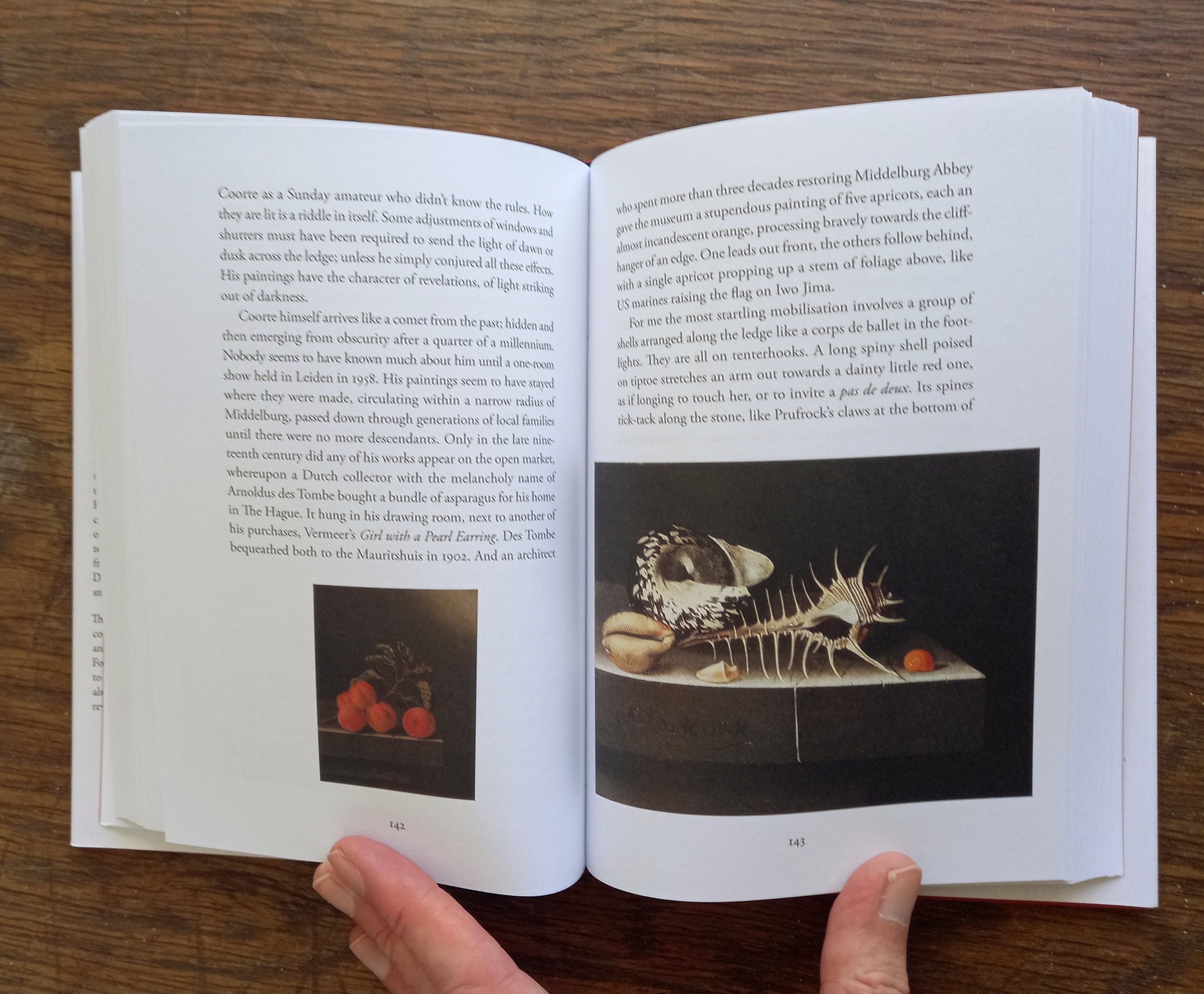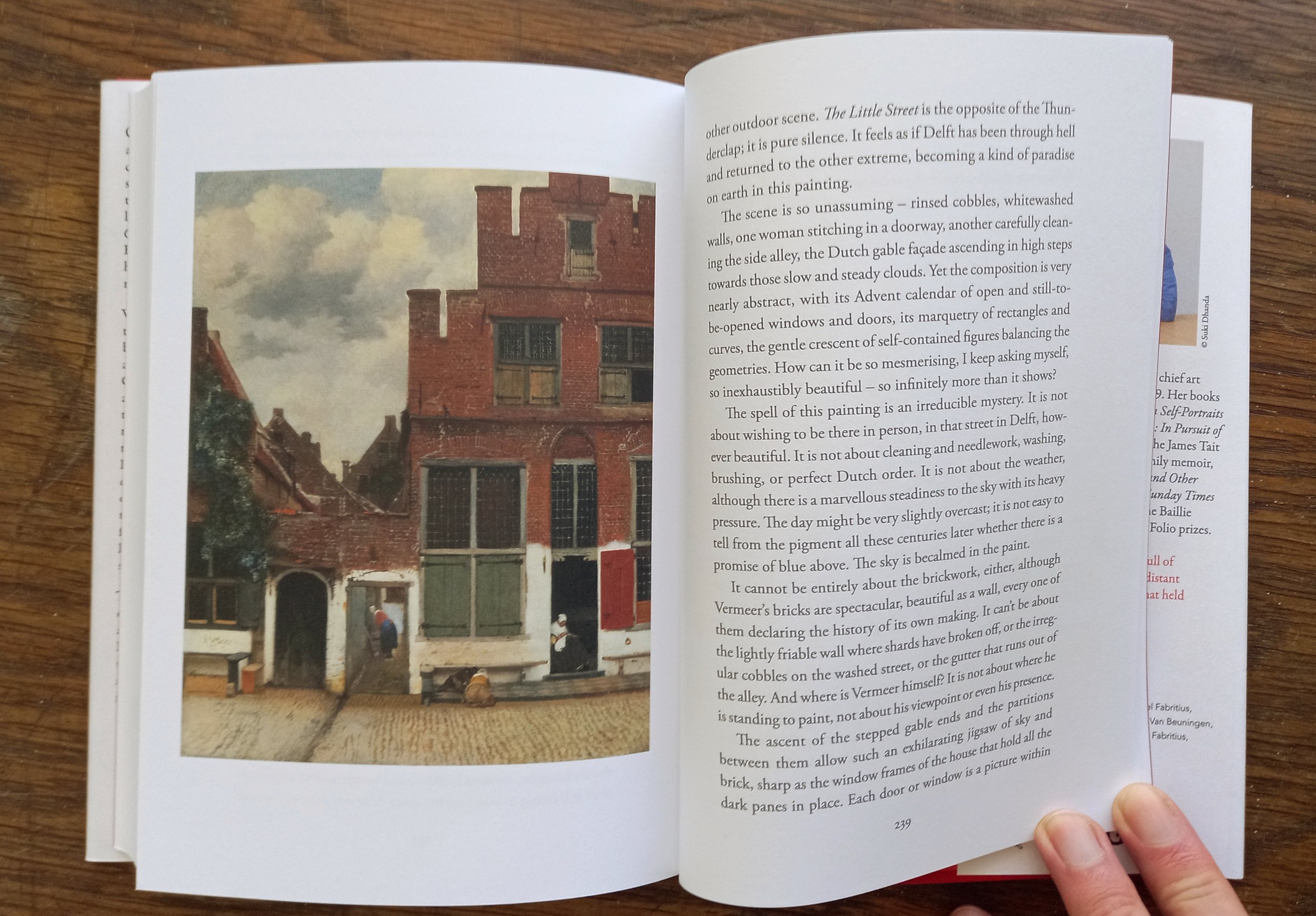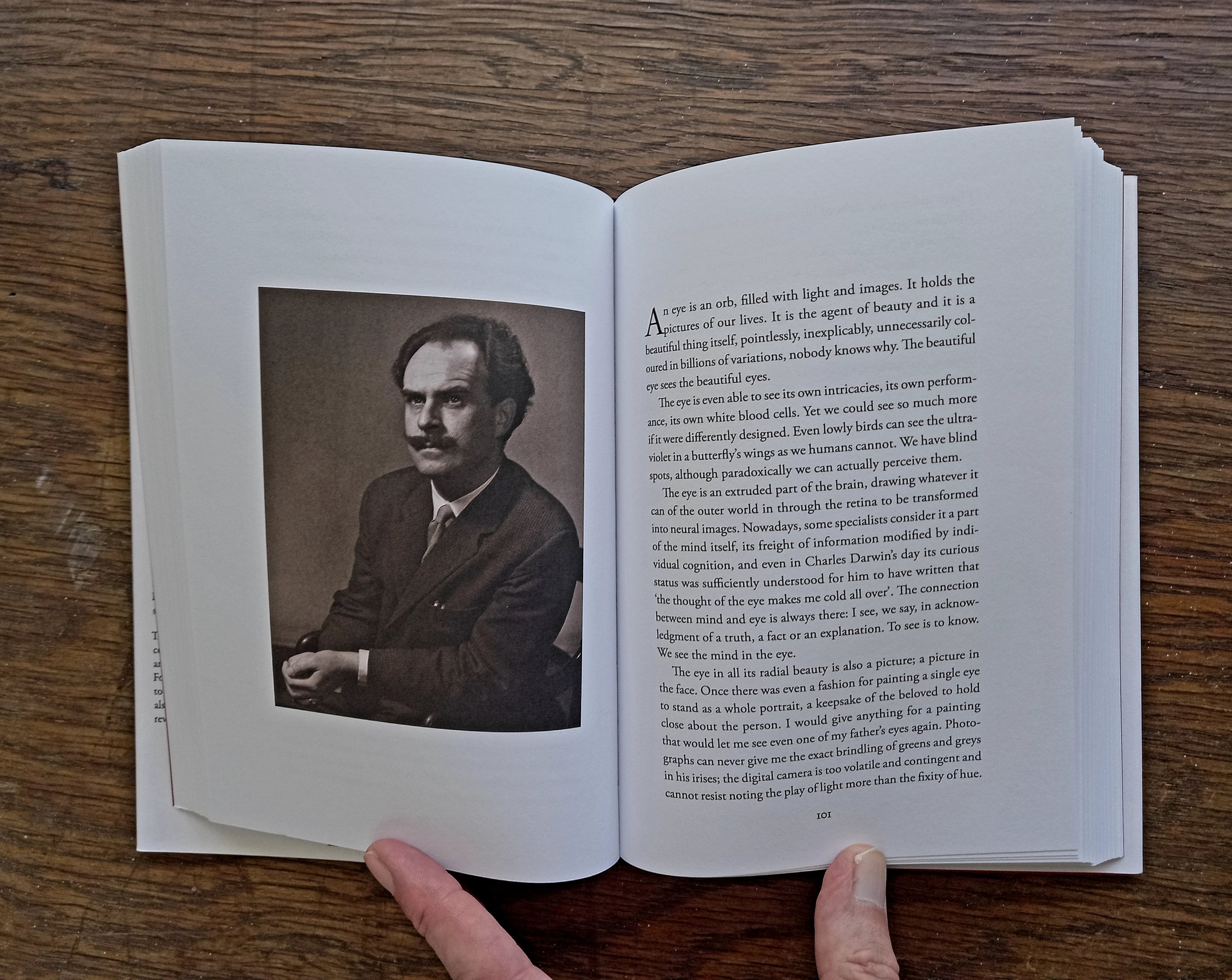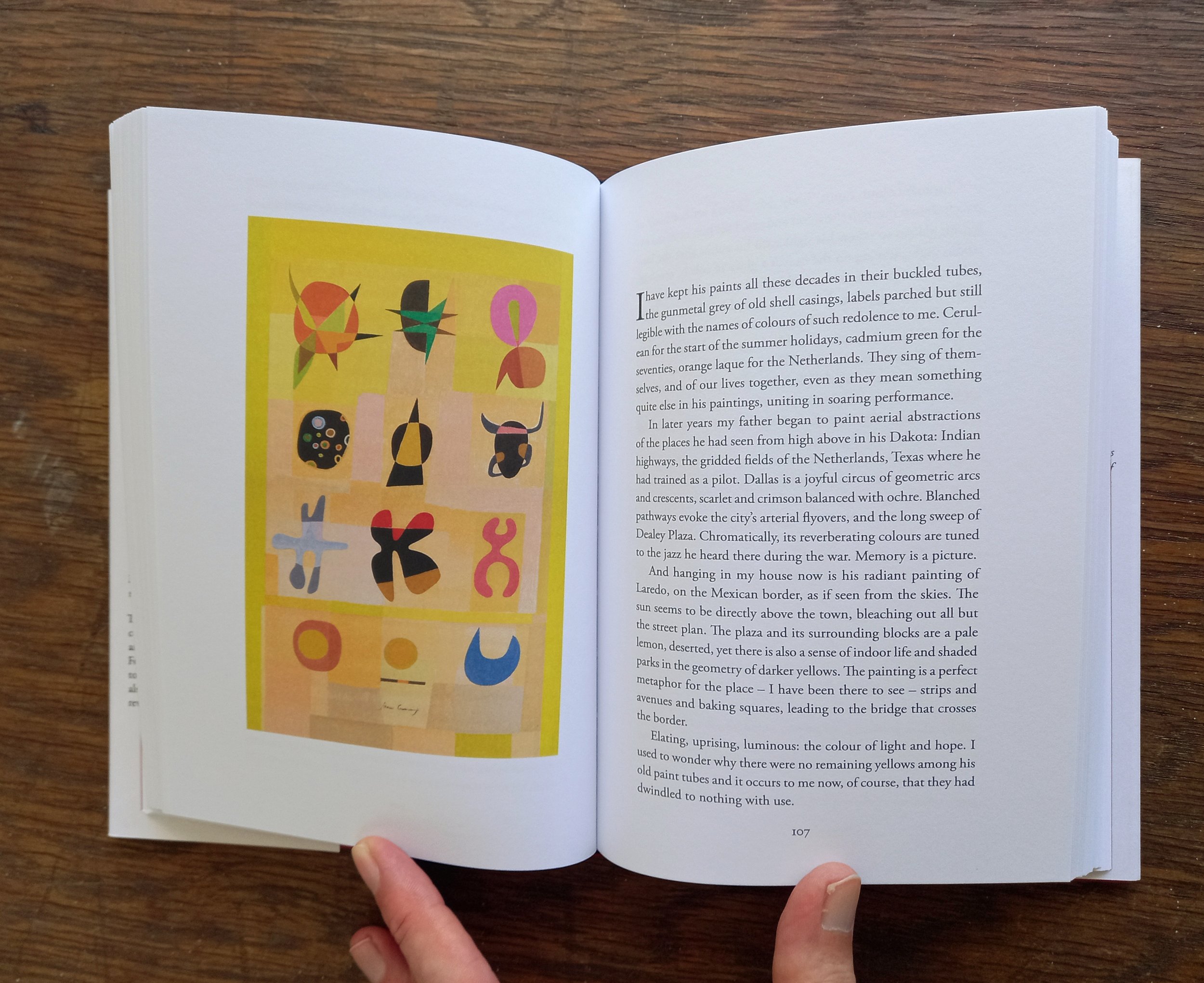Book of the Week: THUNDERCLAP by Laura Cumming
In Thunderclap: A Memoir of Life and Art and Sudden Death, art critic Laura Cumming connects the lives of herself, her painter father, and the artists of the Dutch golden age. An outstanding book, this week it won the highly regarded Writers’ Prize (formerly the Folio Prize) non-fiction category, is long-listed for the Women’s Prize, and has garnered dazzling reviews:
“This is an extraordinary book, full of beauty and feeling and immediacy and depth (and impressive detective work)...Thunderclap is a work of genius.” —India Knight
“Cumming is a word-painter ... When something fascinates Laura Cumming, she makes sure, with her beguiling prose, that we too are caught up in her fascination.” —The Times
“Cumming writes with the sureness of carefully laid paint. This is not art historical scholarship of the academic kind – there are no footnotes or references to sources beyond her own feelings and intuition. It is an emotionally informed approach to art. “ —Kathryn Hughes, The Guardian
“We see with everything that we are.” On the morning of 12 October 1654, a gunpowder explosion devastated the Dutch city of Delft. The thunderclap was heard over seventy miles away. Among the fatalities was the painter Carel Fabritius, dead at thirty-two, leaving only his haunting masterpiece ‘The Goldfinch’ and barely a dozen known paintings. For the explosion that killed him also buried his reputation, along with answers to the mysteries of his life and career. What happened to Fabritius before and after this disaster is just one of the discoveries in a book that explores the relationship between art and life, interweaving the lives of Laura Cumming, her Scottish painter father, who also died too young, and the great artists of the Dutch Golden Age. Thunderclap takes the reader from Rembrandt's studio to wartime America and contemporary London; from Fabritius's goldfinch on its perch to de Hooch's blue and white tile and the smallest seed in a loaf by Vermeer. This is a book about what a picture may come to mean: how it can enter your life and change your thinking in a thunderclap. For the explosion of the title speaks not only to the precariousness of our existence, but also to the power of painting: the sudden revelations of sight.





